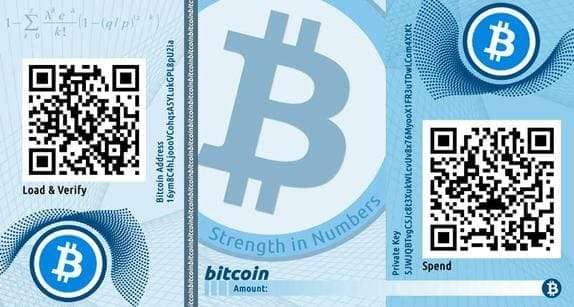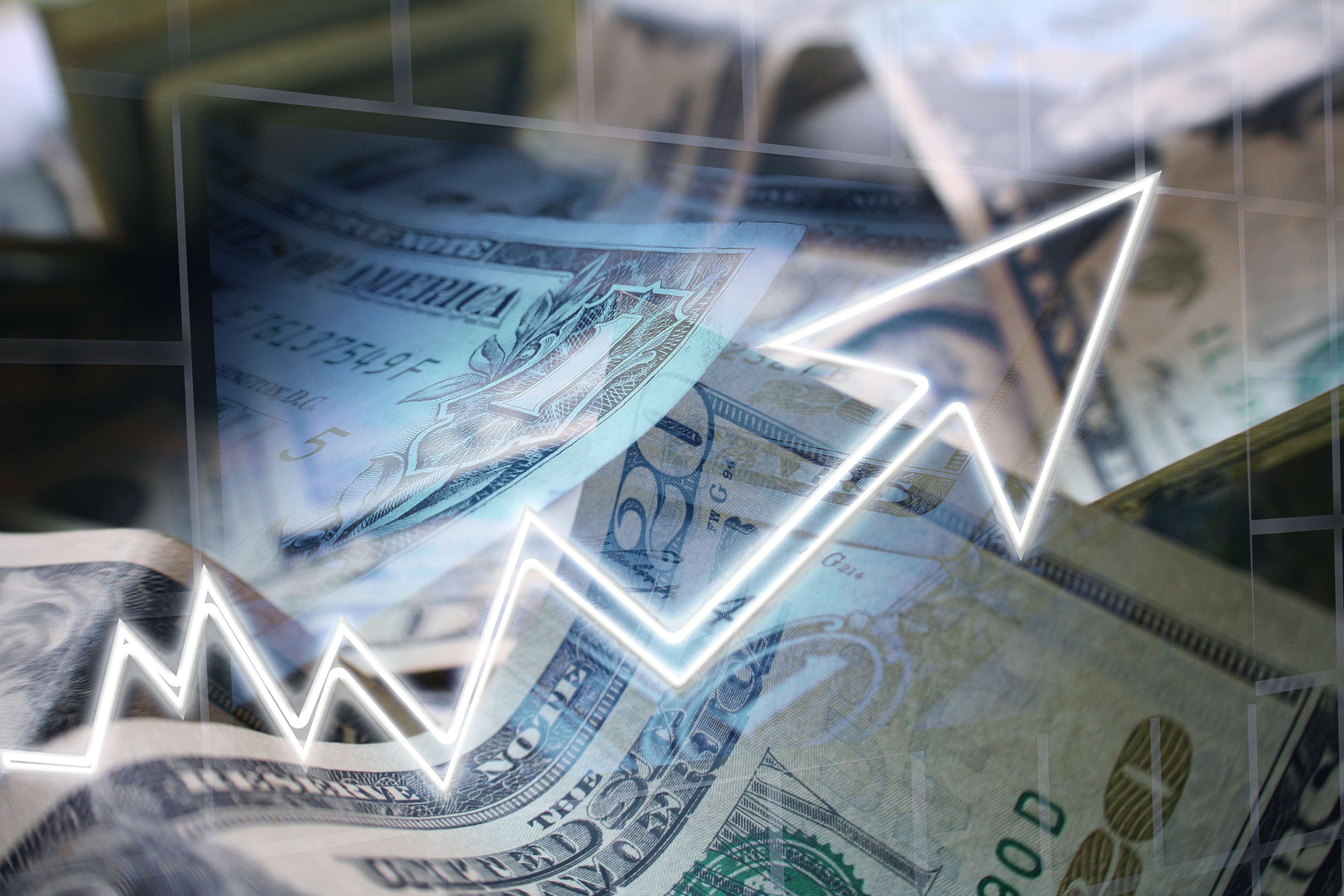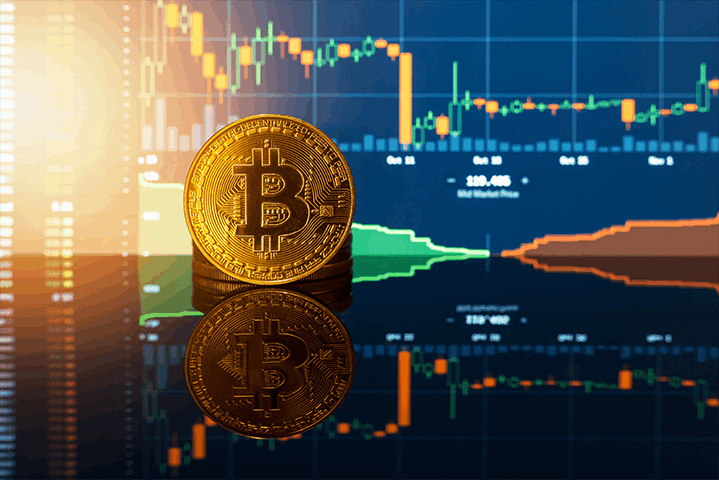Content
Market makers are useful because they are always ready to buy and sell as long as the investor is willing to pay a specific price. Market makers essentially act as wholesalers by buying and selling securities to satisfy the market—the prices they set reflect market supply and demand. When the demand for a security is low, and supply is high, the price of the security will be low. If the demand is high and supply is low, the price of the security will be high. Market makers are obligated to sell and buy at the price and size they have quoted.

Some examples of the bigger market makers in the industry include BNP Paribas, Deutsche Bank, Morgan Stanley, and UBS. Market makers help to ensure there’s enough volume of trading so https://xcritical.com/ trades can be done seamlessly. Make a market is an action whereby a dealer stands by ready, willing, and able to buy or sell a particular security at the quoted bid and ask price.
What Does a Market Maker Do, Anyway? It’s about Bridging the Gap
Market makers are compensated for the risk of holding assets because they may see a decline in the value of a security after it has been purchased from a seller and before it’s sold to a buyer. Finder monitors and updates our site to ensure that what we’re sharing is clear, honest and current. Our information is based on independent research and may differ from what you see from a financial institution or service provider.

ECNs, on the other hand, work with respect to market fluctuations. They study the shares and the prices at which they are being traded in the market. The network sets the best bid/ask price for the stocks depending on their study. The brokers match buyers’ and sellers’ shares and price requirements and become a middleman for further settlement. These networks earn through commissions they receive for each transaction that occurs. The meat and potatoes of the story is that market makers provide liquidity – the ease of doing business and converting assets to cash.
Who Are Market Makers and What Do They Do?
You’ll get a close look at who they are, how they make a living, and how they impact the market. ECN is an electronic system that matches buy and sell orders in the markets eliminating the need for a third party to facilitate those trades. A full-service broker is a broker that provides a large variety of services to its clients including research and advice, retirement planning, and more.
- The difference between the ask and bid price is only $0.05, but the average daily trading volume for XYZ might be more than 6 million shares.
- This can be accomplished by investing in a variety of distribution channels.
- When comparing offers or services, verify relevant information with the institution or provider’s site.
- Market makers to profit if stock prices move in their favor, and to lose money if prices move against them.
- Market makers don’t know what the price of anything will be in the future, either.
- A specialist firm formerly employed specialists to represent specific stocks on the New York Stock Exchange.
Here, the protocol pools liquidity into smart contracts. In essence, users are not technically trading against counterparties – instead, they are trading against the liquidity locked inside smart contracts. Without market makers, there’s no telling how stock trading volumes and prices would change – to put it simply, the way that the stock market operates isn’t imaginable without market makers. A market maker is typically a large bank or institution. They help ensure the liquidity of a market by offering to both buy and sell securities. As an investor, there are some things you need to know about market makers.
Toronto Stock Exchange (TSX)
The one thing you have to do to sell shares or currency is to find someone willing to buy them from you. Likewise, you must find a seller if you want to buy assets. A market maker is responsible for ensuring that no matter what instrument is traded, there is always a buyer or a seller to ensure the transaction runs smoothly. The spreads between the prices a retail trader sees in bid-ask quotes and the market price go to the market makers.
They may also make trades for their own accounts, which are known as principal trades. In short, market makers bridge the gap between natural buyers and natural sellers. On the London Stock Exchange there are official market makers for many securities. Some of the LSE’s member firms take on the obligation of always making a two-way price in each of the stocks in which they make markets.
Liquidity pools can be a useful way to earn a return on your cryptocurrency holdings, but storing cryptos can come with the risk of impermanent loss. An AMM can be thought of as an algorithm that instantly finds liquidity for those wishing to buy or sell a digital asset. The law requires brokers to be registered with FINRA , and also the SEC if they offer financial advice to clients. Brokers are required to act in their clients’ best interest. You are now leaving the TD Ameritrade Web site and will enter an unaffiliated third-party website to access its products and its posted services. The third-party site is governed by its posted privacy policy and terms of use, and the third-party is solely responsible for the content and offerings on its website.

Shares trade in exchanges, but you just can’t go and buy a share from the exchange. Trade VolumeThe volume of trade is the overall measure of the number of securities, shares or contracts traded during a particular trading day. Yes – in fact, crypto market making is an exciting and vibrant new development.
Market Maker Video
Full BioSuzanne is a content marketer, writer, and fact-checker. She holds a Bachelor of Science in Finance degree from Bridgewater State University and helps develop content strategies for financial brands.
You can see relative value in each option chain in thethinkorswim® platform. Some prop traders who relied upon their speed edge to snipe quotes have seen high-frequency traders uproot them. Some trading patterns simply don’t work anymore because of the increased noise created by high-frequency traders.
To achieve a fluid trading system, centralized exchanges rely on professional traders or financial institutions to provide liquidity for trading pairs. These entities create multiple bid-ask orders to match the orders of retail traders. With this, the exchange can ensure that counterparties are always available for all trades. In this system, the liquidity providers take up the role of market makers. In other words, market makers facilitate the processes required to provide liquidity for trading pairs. Market makers of the second level include intermediaries, facilitating private traders and smaller brokers to enter the market.
Tokyo Exchange Group
Many exchanges use a system of market makers, who compete to set the best bid or offer so they can win the business of incoming orders. But some entities, such as the New York Stock Exchange , have what’s called a designated market maker system instead. To understand automated market makers, it can be useful to look at traditional market makers first. Market makers are highly capitalized traders who profit by providing liquidity to the rest of the market. Unofficial market makers are free to operate on order driven markets or, indeed, on the LSE.
Before concentrated liquidity market makers, we had automated market makers (AMMs).
How do AMMs work?
– Liquidity providers deposit assets into a liquidity pool and earn yield 🧑🌾
– Traders swap their assets with tokens in the liquidity pool and pay transaction fees 💸 pic.twitter.com/3nPtXGHQ5l
— Department of Agriculture (@deptofagri) October 12, 2022
Similarly, if an investor wants to purchase a given stock, market makers will ensure that shares of that company are available for sale. In order to maintain prices, arbitrage traders are a necessary function of AMM protocols. If an imbalance occurs what is market maker in crypto within a liquidity pool, usually due to high volatility, exchange prices will begin to slip from the standard market price. Arbitrage traders take advantage of that price difference and bring ratios in the liquidity pool back to a balance.
Market maker
These are firms that simply deploy market making strategies in certain markets without any designations. Outside of following relevant legal and exchange regulations, they don’t have the obligations that DMMs have. They offer bids and asks to both sides of the market to earn the bid/ask spread.
Another Market Maker Technique: Inventory Risk Management
A market maker has to comply with the regulatory framework of the country it is operating in (such as following SEC rules in the U.S.), as well as with the bylaws of the exchange it operates in. Market makers should be able to maintain a continuous presence and respond quickly to market conditions. As soon as an asset is bought or sold, someone must be on the other end of the transaction to ensure it goes smoothly. StocksToTrade in no way warrants the solvency, financial condition, or investment advisability ofany of the securities mentioned in communications or websites. In addition,StocksToTrade accepts no liability whatsoever for any direct or consequential loss arising from any useof this information.
To put things into perspective, let’s use a hypothetical example to better illustrate how market makers work. Some of the largest market makers in the U.S. stock market include Citadel, Deutsche Bank Securities Inc, and Credit Suisse Securities LLC. In practical terms, these differences don’t mean much – they don’t affect the way retail investors experience the market, and depend only on the exchange in question. All reviews, research, news and assessments of any kind on The Tokenist are compiled using a strict editorial review process by our editorial team. Neither our writers nor our editors receive direct compensation of any kind to publish information on tokenist.com.
Understanding Market Makers
If you choose yes, you will not get this pop-up message for this link again during this session. Be sure to understand all risks involved with each strategy, including commission costs, before attempting to place any trade. Clients must consider all relevant risk factors, including their own personal financial situations, before trading. So, you’ve done your research, logged into the trading platform, lined up that trade … A second later you’re filled—at your price, from a penny-wide bid/ask spread. Any and all information discussed is for educational and informational purposes only and should not be considered tax, legal or investment advice.